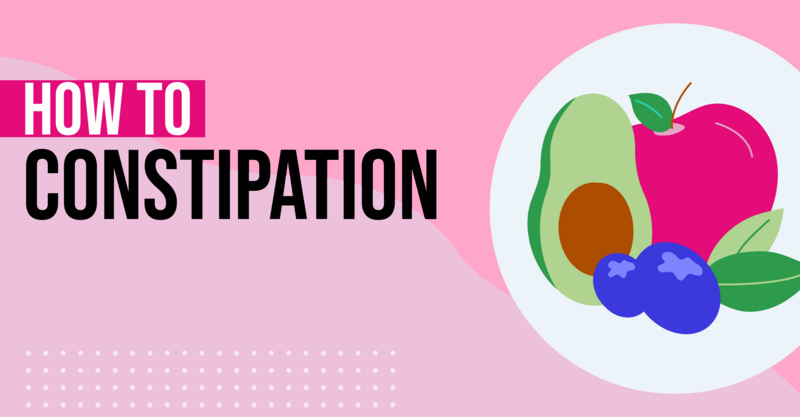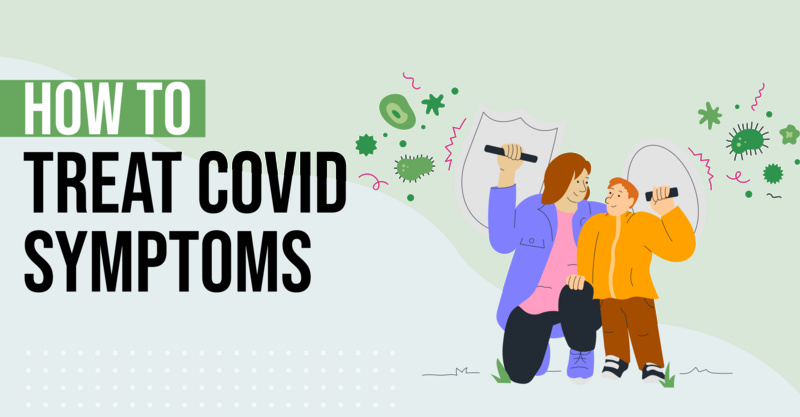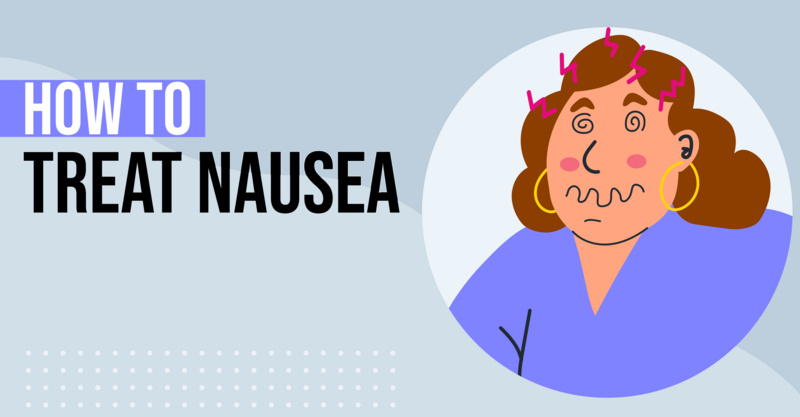Key Points
- Organic foods, despite their initial promise of being a healthier alternative, may not be as clean or beneficial as believed. This is due to a lack of transparency about the origin of produce, and the possibility of unsanitary conditions.
- The FDA allows food producers a margin of error for unsanitary conditions, such as mold or insect presence, which applies to organic foods as well.
- The treatment of organically raised animals may not be significantly better than commercially raised ones, as the terms "organically raised" or "free range" are loosely defined in the food industry.
- The FDA permits 40 non-organic ingredients in organically labeled foods without requiring consumer notification.
- No studies have shown organic foods to be more nutritious than non-organic ones, and they can cost up to 10 times more. Consumers are advised to consider whether they are truly getting what they pay for with organic products.
When organic foods first hit the supermarkets, they generated a lot of excitement among health conscious and environmentally responsible shoppers. Finally, shoppers had an alternative to GMOs, pesticides, antibiotics, and steroids that are so commonplace in food production. However, now that these products have taken their place on the grocery shelves, evidence has come out showing that they are not as clean and healthy as you think.
1. Supermarkets Don't Have to Tell You Where Your Produce Comes From
Fruits and vegetables in the grocery stores don't have to be labeled with their place of origin. Supermarkets can label foods organic without informing consumers if the produce came from California, Florida, South America, or anywhere else. This isn't generally a problem, until the announcement of an outbreak of E coli or another bacteria. A newscaster may report that a bacterial outbreak involves all lettuce produced in Brazil, but you have no idea where yours came from, because there is no label.
2. Organic Foods Can Still Be Unsanitary
The FDA gives food producers a margin of error when it comes to packaging and selling their foods. For instance, pineapples can have a certain amount of mold, cherries can contain a certain amount of maggots, and peanut butter can harbor a small percentage of rodent hair. Unfortunately, these rules are no different for organic foods.
Related: 4 Ways to Banish BBQ-Related Food Poisoning
3. Organically Raised Animals Might Be Just as Abused as Commercially Raised Animals for Meat
Terms like "organically raised" or "free range" mean little in the food industry. Essentially, the rules say the animals must have access to the outside, but this usually takes place in tight, cramped cages stacked on top of each other, so that the animals on top are defecating on those below. There are no assurances that organically raised meats receive any better treatment than non-organic chicken, pork, and beef, and the organic animals also don't get the benefit of medications.
4. There are 40 Non-Organic Ingredients Allowed in Organically Labeled Foods by the FDA
Organic means no artificial pesticides, growth hormones, antibiotics, or other questionable treatments, right? Actually, this isn't the case. There are 40 completely non-organic ingredients allowed into organically labeled foods by the FDA, and the consumers do not have to be alerted that these non-organic ingredients are present.
5. There is No Evidence Organic Foods are More Nutritious
No studies have revealed better nutrition content in organic foods than non-organic foods, and all fruits and vegetables have fewer nutrients than the same foods had a few decades ago. Part of the reason is overly aggressive farming tactics, such as replanting the same foods in the same soil crop after crop. Other causes could be the mass production process and harvesting fruits and vegetables before they're ripe, so they can quickly be transported to supermarkets.
Related: 6 Heart-Healthy Holiday Foods
6. Organic Foods Cost Up to 10 Times More
Not only is it questionable whether organic foods are better or safer, consumers pay up to 10 times more for that (almost meaningless) organic label. Before you spend the extra money, decide whether you're actually getting what you pay for. In many cases, you're not.
Will the government change these regulations on organic foods? So far, there isn't any talk of it.
Frequently asked questions
Are supermarkets required to label the origin of their produce?
No, supermarkets are not required to label where their fruits and vegetables come from. This can be problematic in the event of a bacterial outbreak linked to a specific location.Can organic foods still contain unsanitary elements?
Yes, organic foods can still contain unsanitary elements. The FDA allows a margin of error in food packaging, which can include mold, maggots, or rodent hair, even in organic foods.Are organically raised animals always treated better than non-organically raised animals?
No, organically raised animals are not necessarily treated better than non-organically raised animals. The terms "organically raised" or "free range" do not guarantee better treatment or living conditions for the animals.Are there non-organic ingredients allowed in organically labeled foods?
Yes, the FDA allows 40 non-organic ingredients to be included in foods labeled as organic. Consumers do not have to be alerted to the presence of these ingredients.Are organic foods more nutritious than non-organic foods?
No, there is no evidence to suggest that organic foods are more nutritious than non-organic foods.Do organic foods cost more than non-organic foods?
Yes, organic foods can cost up to 10 times more than non-organic foods.Is there any discussion about changing the regulations on organic foods?
Currently, there is no known discussion about changing the regulations on organic foods.Are consumers always getting what they pay for with organic foods?
Not necessarily. Given the lack of nutritional difference, presence of unsanitary elements, and potential for non-organic ingredients, it's questionable whether the higher cost of organic foods always equates to higher quality.










